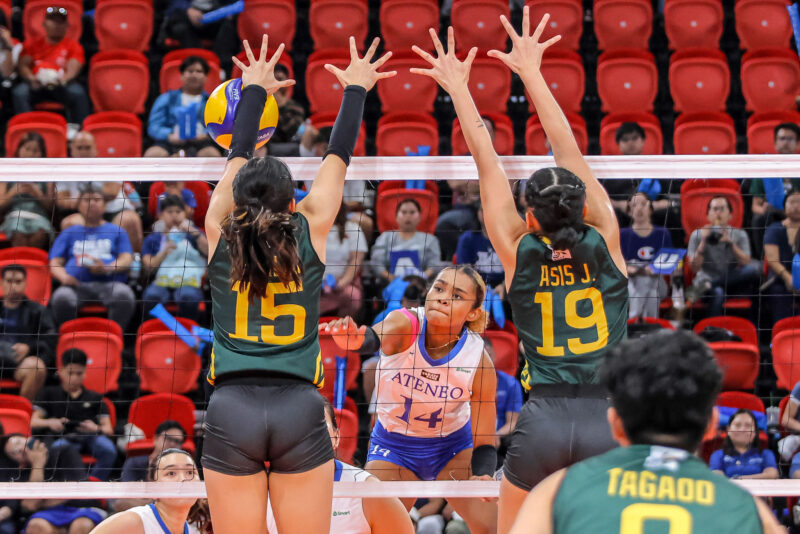The Blind Side
alim@theguidon.com
What is the difference between a janitor and a vice president?
Every morning, when we rush out for school, we sometimes leave everything in a haphazard state—our beds scuffled from an evening’s worth of studying and sleep. When we get home, though, we expect our rooms to be back to its pristine condition.
But when we get home and see that our rooms are exactly how we left them, frustration creeps in. Our first impulse is to demand an explanation, a reason as to why our household help did not do their job.
More often that not, we are given an understandable explanation and the niggling feelings are put to rest. As bratty as this situation may sound, it is one that we have all encountered: disappointment when you don’t get what you expect, and a desire to hold someone responsible.
So I ask again, what is the difference between a janitor and a vice president? This isn’t a trick question; it’s a legitimate one that Apple CEO Steve Jobs asks executives when decisions reach the vice president level.
Jobs is known for many things: for the creation of one the greatest laptops for man, for bringing touchscreen gadgets to the mainstream, and for many other technological feats, but few give him credit for the business philosophies he has implemented to skyrocket Apple as the technological jetsetter it is today.
The answer to the question is simple.
Jobs speaks of his garbage as not being regularly emptied, and when he asks the janitor why, the janitor tells him that he doesn’t have a key to the room in question—an acceptable explanation. However, the main point that Jobs drives at is this: a janitor explains why something went wrong; the higher-ups do not. When you’re a janitor, reasons matter, but somewhere between the lines of a janitor and the CEO, reasons stop mattering.
The culture of accountability is one that everyone can learn from Jobs. Take, for example, simple situations such as being held up in the immigration for no convincing reason. If higher-level officials have the right to question us when they think something is wrong with our travel documents, why don’t we have the right to an explanation when the interrogation turns out to be baseless?
In the case of my friend, a frequent traveler who was recently held up at the immigration, she missed her flight and suffered humiliation at the hands of immigration officers. The immigration office implemented no corrective action after the incident.
This conveys a double standard: accountability is applicable to lower-level personnel, while authorities have the power to evade it.
Noynoy Aquino’s current thrust for good governance is transparency: “no corruption, no poverty,” he says. However, the president can only implement his policies effectively if there is genuine accountability. Indeed, individuals that hold higher positions have the authority to exert their power, but having greater power than the rest also means exercising it responsibly.
Productivity without quality is useless; similarly, power without accountability is meaningless. In order for the exercise of power to be meaningful and relevant to society, it has to be inseparable from accountability.







